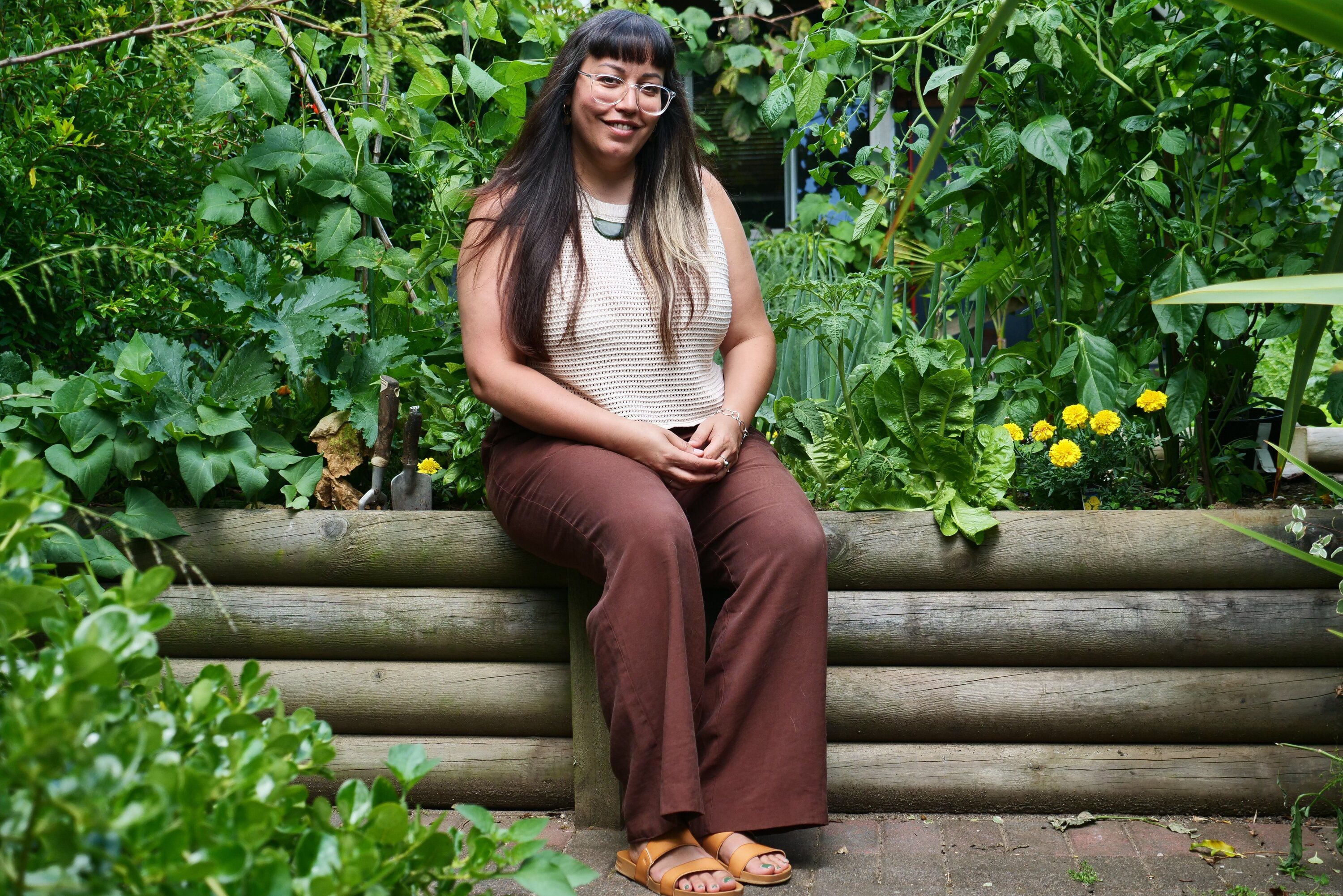A community garden open day is one of the latest additions to Sustainable Backyards, run by Envirohub, which gets under way on March 1.
This year’s events will connect the community to third places that include green spaces, parks, and other areas where people can gather.
Here, people can learn about sustainability with like-minded people, Envirohub project and regional co-ordinator Te Ara Dirkse said.
Third places are becoming increasingly sparse as housing and commercial development take priority over social spaces, she said.
“You can go there and know nothing and not feel silly. Someone’s going to give you a tour. So you can say, ’I don’t know a pumpkin from a courgette.’”
“So it’s where people can come and have that community experience.”
There will also be upcycling workshops, benefit concerts, bird-themed fun runs, film screenings, eco markets, bus tours, guided bush walks, organic and permaculture garden tours, and clothing swaps.
“Whether you’re a seasoned eco-warrior or just starting your sustainability journey, there’s something for everyone.”
Dirkse said there are numerous community gardens, from various allotments to ones that provide food to food banks and even at St Paul’s Church in Pāpāmoa.
“They don’t want to promote themselves because people come to steal from their gardens.”
The month-long event will allow different generations to interact with each other, allowing them to gain valuable connections and sustainability skills simultaneously.
“What we’re trying to do with sustainability and with sustainable backyards is try to make things accessible, non-scary and hopeful.”
Dirkse explains that little things can go a long way, and you don’t have to start a charity or company to make a difference.
“The steps you can take within your little footprint can make a change.”
Dirkse said her favourite plant is passionfruit, but beginners might want to consider something easier to grow, like silverbeet.
There can be pushback around the topic of sustainability within the Bay of Plenty community, whether it is around a lack of progress or not believing in the science, she said.
“You can either fight the change, live with the change, or just move away from the coastline.”



0 comments
Leave a Comment
You must be logged in to make a comment.